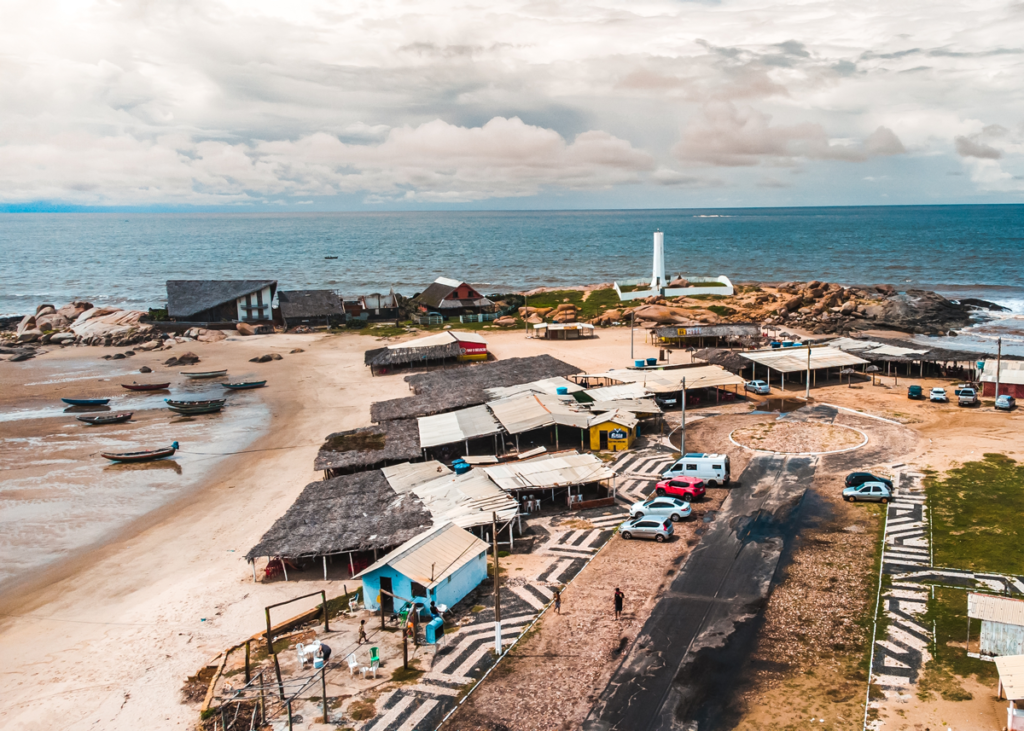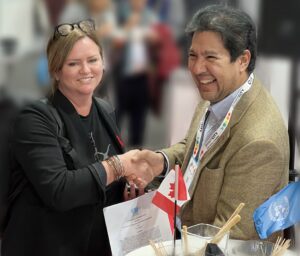The Government of Piauí has committed to promoting a resilient and sustainable future in partnership with the UN-Habitat’s City Resilience Global Programme. On Wednesday 17th May 2023, Cíntia Bartz, Superintendent of Participatory Planning and Socioeconomic Studies (CEPRO, Department of Planning), presented sustainability and resilience actions at the local level in the High Level Meeting for the Sendai Framework Mid-term Review, highlighting the program to be implemented in the Piauí Coastal Plain region.
The event “Risk-Proofing Sustainable Development” brought together government representatives and experts at the UN headquarters in New York to discuss advances and efforts that offer concrete solutions for reducing risks in all sectors – social, economic, and environmental. Through the partnership, both institutions commit to building urban resilience, leaving a legacy of innovation and progress with benefits for Piauí and inspiring similar initiatives worldwide.
The growing impacts of climate change and water resource management are some of the challenges in the state, which now takes the lead in defending sustainable development. In her presentation, Cíntia Bartz highlighted the critical role of subnational governments in building resilience and emphasized the need to support locally-led action.

The partnership also unlocks new opportunities for Piauí to increase visibility, expanding the commitment of key local, regional, and international actors to building urban resilience. “Local and subnational governments in Brazil are pioneers in urban resilience in the region,” said Esteban Leon, head of UN-Habitat’s City Resilience Global Programme. “After the success of our project in Teresina, we are convinced that we can support the State of Piauí to take bold measures to reduce risks and build resilience,” he added.
“The impacts of climate change are already happening, and we have to prepare,” said Superintendent Cíntia Bartz. “Piauí is located in an area where the global warming rate is above the world average, and we need to study our reality and local context to mitigate these long-term effects” she concluded.
Sustainable Development
The State Government, through the Superintendency of Participatory Planning and Socioeconomic Studies (CEPRO) of SEPLAN, partnered with UN-Habitat in April this year as part of its commitment to the 2030 Agenda for Sustainable Development. UN-Habitat was established in 1978, and is mainly responsible for SDG 11, which aims to “make cities and human settlements inclusive, safe, resilient, and sustainable.”
For media inquiries, please contact:






